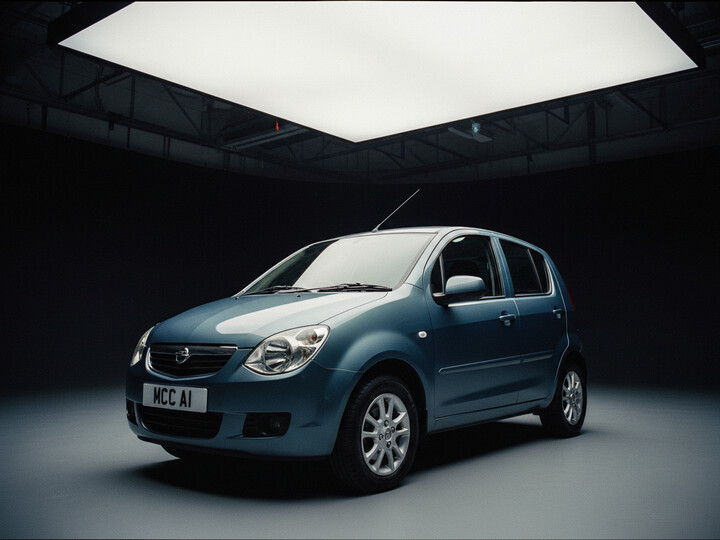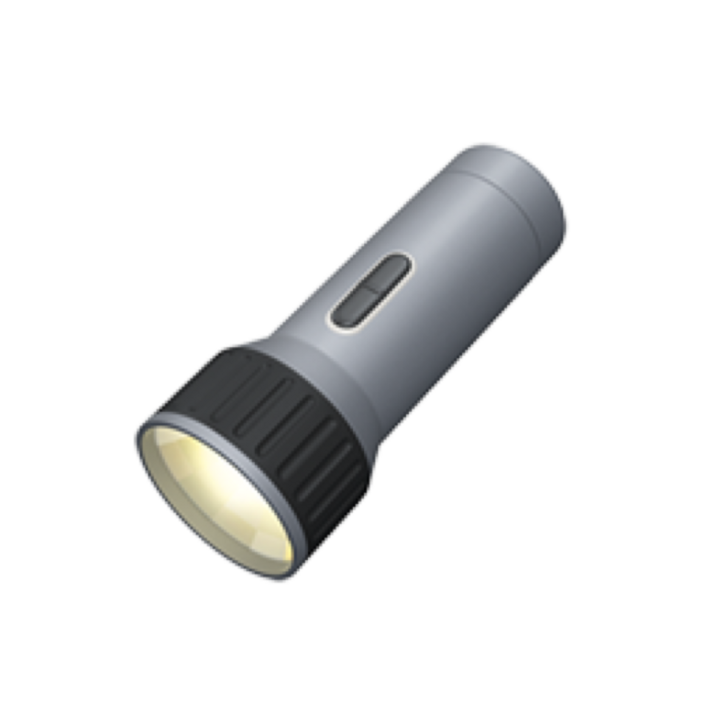VAUXHALL AGILA (2000-07) 5DR MPV 1.0I 12V

Buyer's Guide & Data from our Checks
The VAUXHALL AGILA (2000-07) 5DR MPV 1.0I 12V is a compact city car designed for everyday use in urban environments. Its small size and practical shape make it easy to maneuver and park, making it a popular choice among first-time drivers, city commuters, and small families. The high sample size of 100 checks and 71 distinct VINs on mycarcheck.com indicates it remains in regular use, reflecting its reputation for dependability and affordability.
Typically used for commuting and short trips, this model is valued for its low running costs and straightforward maintenance. With an average mileage of around 73,000 miles, it offers a sensible option for budget-conscious buyers. Its average private sale valuation of approximately £300 suggests it’s seen as an economical choice, especially suited for those seeking simple, reliable transportation.
What makes the VAUXHALL AGILA (2000-07) stand out in its class is its compact design combined with decent interior space, making it more versatile than some rivals. Its reputation for reliable, economical driving has helped it maintain popularity in the used car market. Overall, it’s a practical, easy-to-drive vehicle that continues to serve as an accessible option for city driving in the UK.
Key Findings
The following statistics are drawn from our checks of 71 different vehicles, run between February 17th 2021 and December 31st 2025. These real-world insights provide context for this vehicle's place in the market, as well as its typical usage.
100
Lookups
Lookups
12
Hidden Histories
Hidden Histories
82k
Average Mileage
Average Mileage
£300
Average Valuation
Average Valuation












